Author: Marc Lee
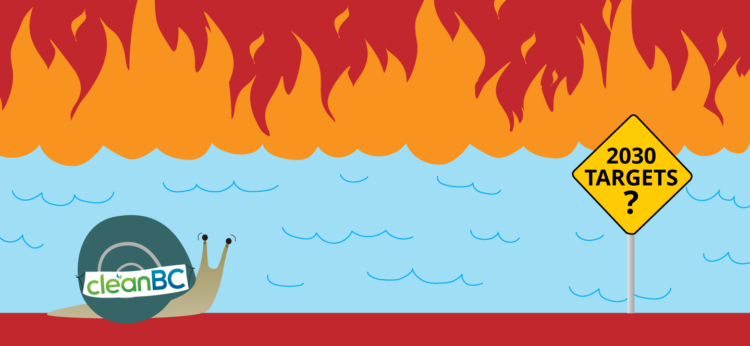
Can CleanBC reach its 2030 GHG target? A closer look at industrial emissions
In the wake of negotiations in Glasgow to push forward global climate action, it is clear that rich countries and jurisdictions like BC are not doing enough to cut greenhouse gas (GHG) emissions. On the heels of Glasgow, the massive flooding in southern BC should be another wake-up call on top of a year of …
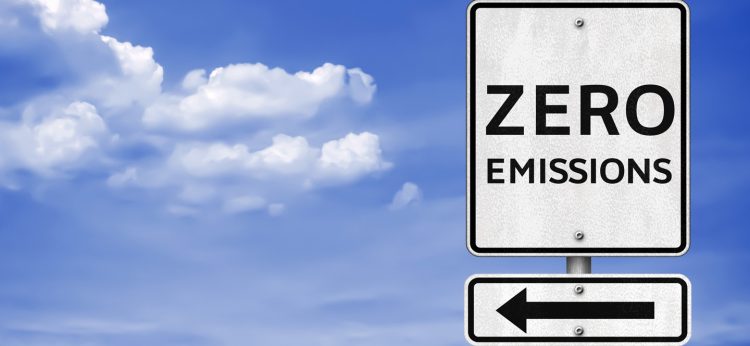
Dangerous Distractions: Canada’s carbon emissions and the pathway to net zero
Reducing emissions to zero is a clear concept, but “net zero” muddies the waters in that some greenhouse gas or carbon emissions are permitted as long as they are balanced by “negative emissions” or carbon removals through nature or engineered solutions. Reducing fossil fuel emissions and increasing carbon removals are the two objectives of net …
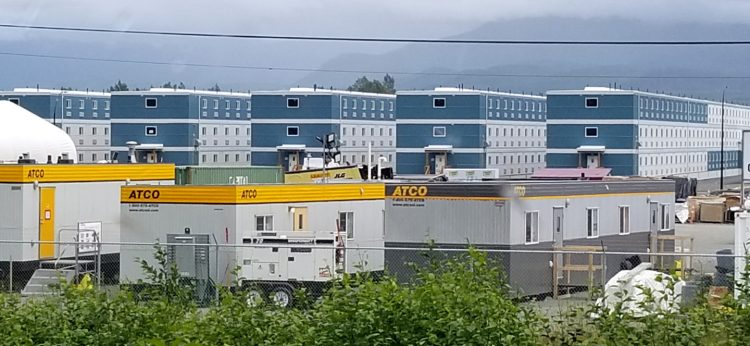
Fracking in BC’s northeast
Last summer I got out of Vancouver and toured northern BC. While the trip was mostly for pleasure, my inner economist could not resist some industrial tourism and visits to resource towns and major industrial sites that are the heart and soul of BC’s resource economy. Forestry dominates near Prince George, fishing at Prince Rupert, …
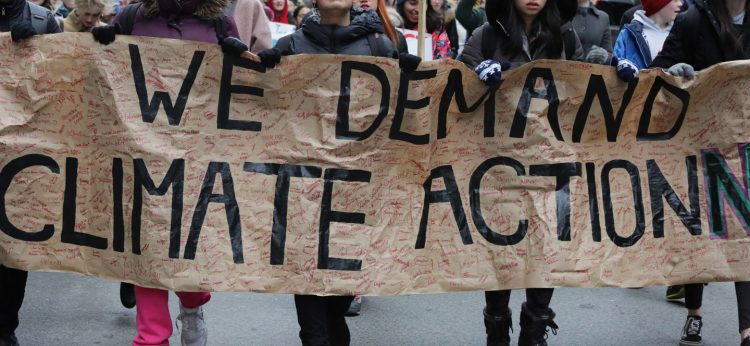
It’s 2021: Time to get serious about BC’s carbon emissions
In December 2020, the BC government released its first Climate Change Accountability Report, the result of 2019 legislation aimed at improving the reporting and oversight of climate action in BC. The report lacks accountability in one important respect: it is not an independent assessment and reads like previous BC government reports on climate action that …
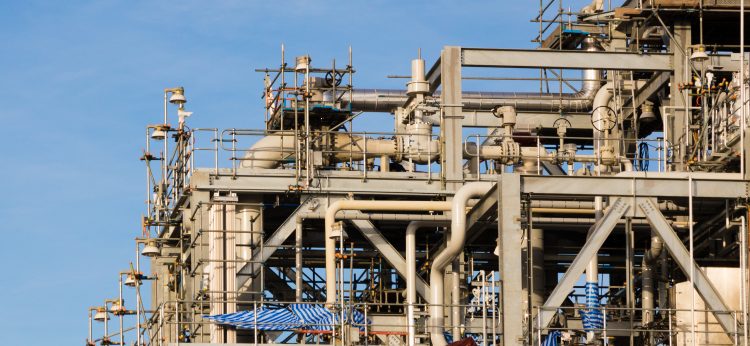
State of Play: COVID-19, carbon and energy
2020 has been a year like no other in the political economy of energy and climate change. As the new year broke, wildfires spiked by higher temperatures scorched Australia. In Canada, a different fire took hold as a BC gas pipeline sparked a cross-country Indigenous-led uprising. By mid-March, economies around the world were shutting down …
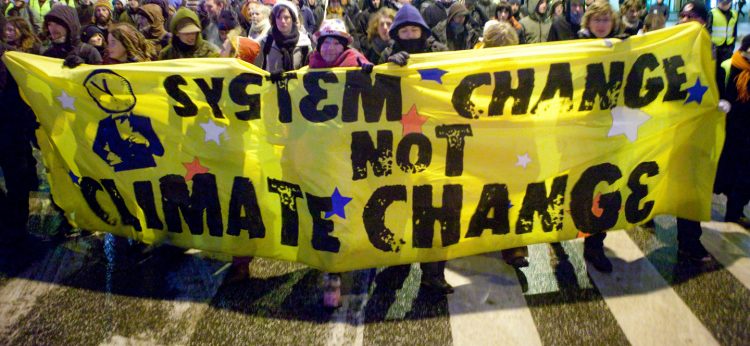
Think system change for Canada’s low-carbon reboot
There is growing momentum for a low-carbon reboot of our high-carbon economy as we emerge from a pandemic-induced shutdown. Since business-as-usual has been so disrupted, the timing for a major leap has never been better. Earlier this year, the Australian wildfires provided humanity’s latest wake-up call. Many are nervous about what this summer could bring …
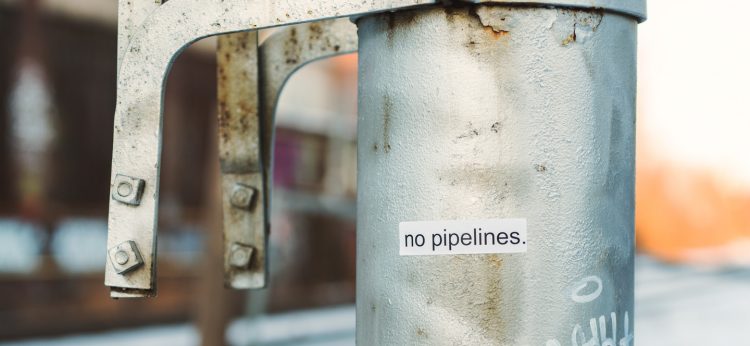
Coastal GasLink connects bad economics with terrible climate policy while trampling on Indigenous rights
Protests around BC and the rest of the country have put Indigenous issues front and centre in discussions of Canadian politics and energy policy. Approved by the BC government, TransCanada’s Coastal GasLink pipeline would run through Wet’suwet’en territory and the company argues it is in the broader “public interest” because of “substantial benefits to First …
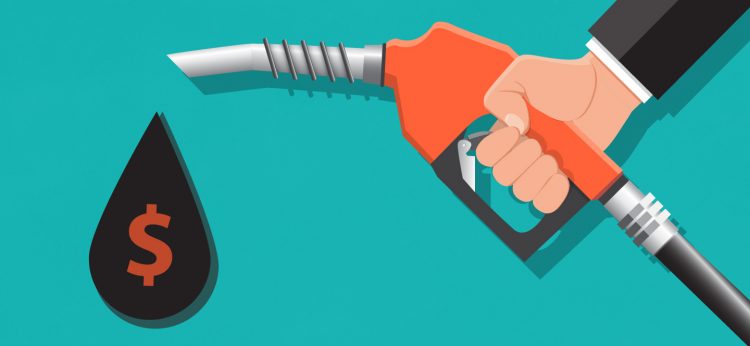
Yep, it’s gouging: What we learned from the BCUC gas prices inquiry and what’s next
The BC Utilities Commission (BCUC) inquiry into gas prices delivered its bombshell final report on August 30. Among its key findings: at least 13 cents per litre of the higher gas prices at the pump over the past couple years is “unexplained” relative to what one would expect from a functioning competitive market. This is …
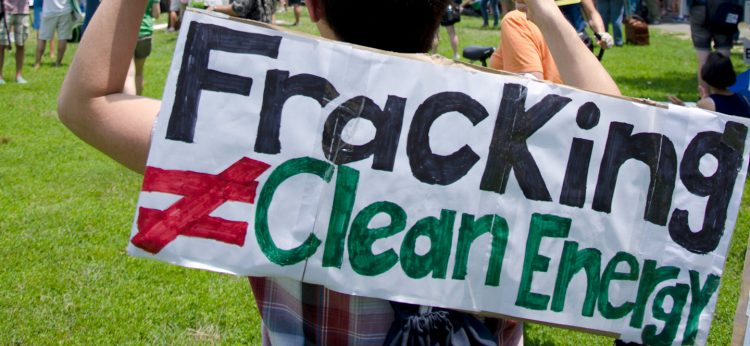
LNG’s big lie
The federal government is seeking to use a clause in the Paris Agreement on climate change to get emissions credits for exports of liquefied natural gas (LNG) to Asian countries. This plan is nonsensical for a number of reasons, but at its heart is the “big lie” that LNG will help to reduce global emissions. …
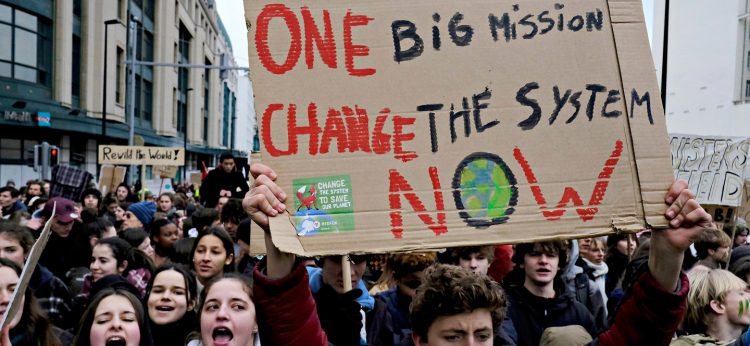
What would a fossil fuel wind-down look like?
Canada has an uneasy history when it comes to fossil fuels and climate change. Our leaders have been great at setting far-off targets for reducing greenhouse gas (GHG) or carbon emissions, then failing to meet them. As part of the 2015 Paris Agreement on climate change, Canada committed to a 30-per-cent reduction in carbon emissions …
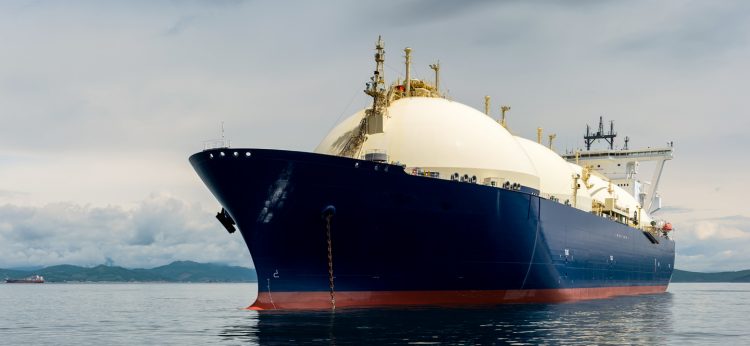
BC’s LNG tax breaks and subsidies offside with the need for climate action
The BC government’s new fiscal framework for LNG is fundamentally at odds with the province’s CleanBC climate plan. Details in the government agreement with LNG Canada show that BC is subsidizing fossil fuel production at a time when we need to keep it in the ground. The BC government made four major concessions in the …
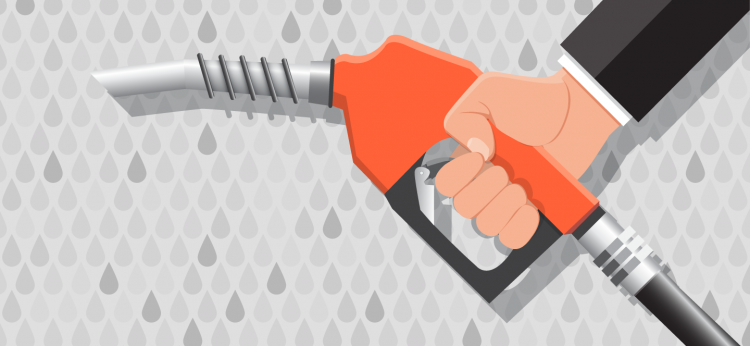
Turn off the taps? Alberta already has Vancouver over a barrel
Drivers in Metro Vancouver are reeling from record high gas prices, and many commentators are blaming taxes. Now, Alberta’s Premier-elect Jason Kenney is threatening to “turn off the taps” to push prices even higher because, it is alleged, BC is causing them to lose billions of dollars in oil revenues by opposing the Trans Mountain …





